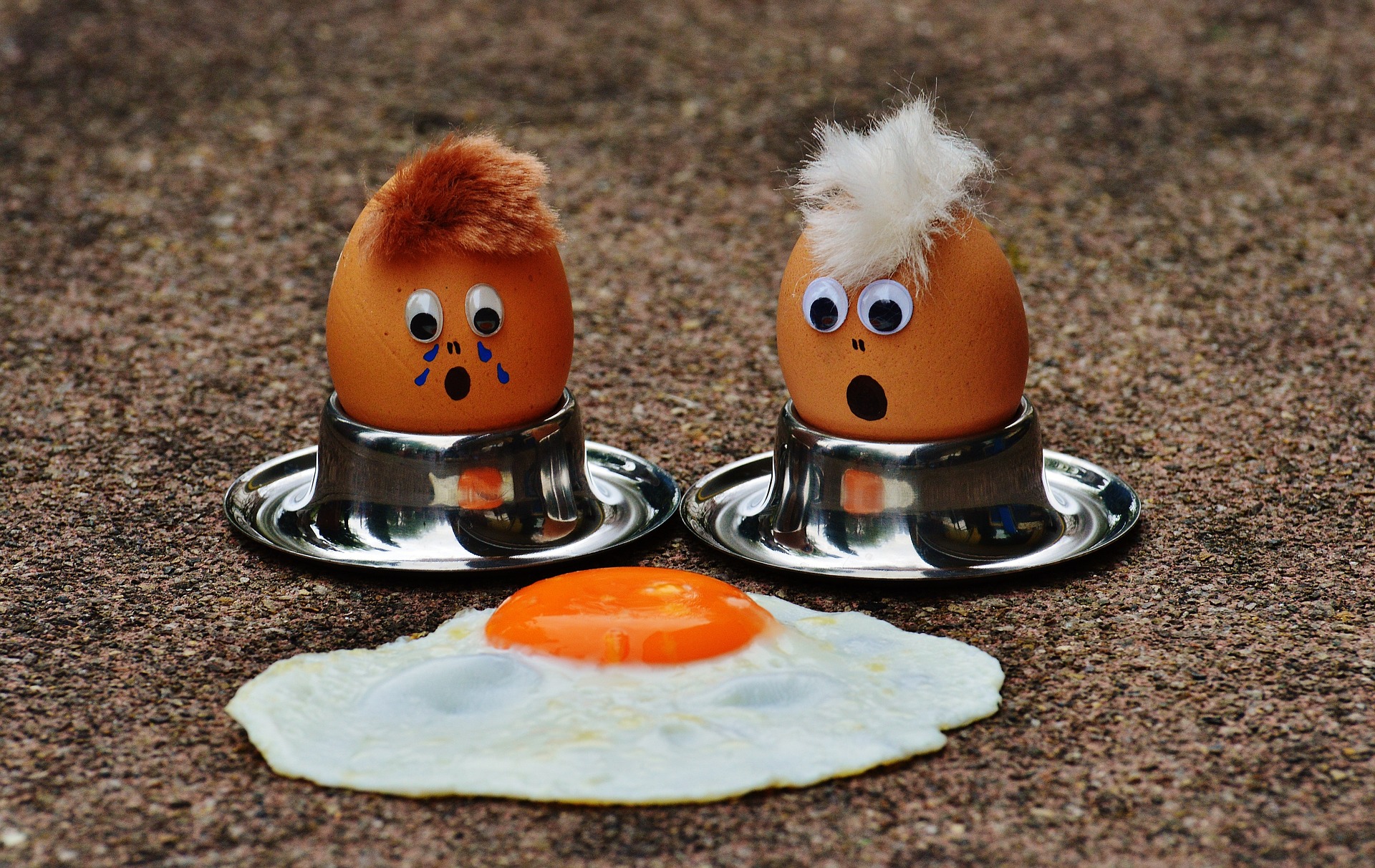Components of Food Chapter 2 Class 6th Science NCERT


JKBOSE NCERT NOTES COMPONENTS OF FOOD. In this chapter we will learn about components of food that we eat.In the previous chapter we studied about the various food items eaten in different parts of the world and of our country.Now here were shall learn what do these food items contain and what do these components of food do to our bodies.
What do the different foods contain?
We know that different foods contain different ingredients. Each ingredient contains some components which are needed by our bodies. These components are called nutrients. These components of food or nutrients can further be grouped as follows
- Carbohydrates
- Proteins
- Fats
- Vitamins and minerals
In addition to the above major nutrients, food contains dietary fiber and water which are also needed by our body.
What do the components of food do to our body?
The different components of food or nutrients perform different functions in our bodies. Deficiency of any of these leads to illness or disorders which we shall discuss later.
Carbohydrates and fats provide us with energy. Foods that contain carbohydrates are called ‘energy-giving foods’.
Proteins are required for the growth, maintenance, and repair of our bodies. Foods that mainly contain proteins are called ‘body-building foods’.
Vitamins protect our bodies against diseases. They also keep our eyes, bones, teeth, etc healthy. Vitamins are of different kinds and are known by different names. Some of these are Vitamin A, Vitamin C, Vitamin D, Vitamin E, and Vitamin K. A group of some vitamins is also there which is referred to as Vitamin B Complex.
Like vitamins, minerals are also essential for our bodies. They are required for the growth and maintenance of health.
Which foods contain which components of food?
Carbohydrates are an essential part of our foods. These are mostly found in cereals. Rice, maize, wheat, and sugar are carbohydrate-rich foods. Besides some other food items like potatoes, bananas, mangoes, grapes, etc also contain carbohydrates.
Fats are found in oils, ghee,butter, dry fruits etc.One gram of fats provides as much energy as 10 grams of carbohydrates.
Meat, chicken, milk, eggs, fish, etc are important sources of proteins. Dals and lentils also contained proteins.
Green vegetables and fresh fruits are good sources of vitamins and minerals. Some important sources of vitamins and minerals are mentioned below.
| Vitamin/Mineral | Sources/Food items |
| Vitamin A | Tomatoes, Carrots, Liver, Fish oil, Eggs |
| Vitamin B | Egg, Milk, Cheese, Green Vegetables, Fish, Liver, Kidneys etc |
| Vitamin C | Citrus fruits like lime, oranges, Strawberries, Green Leafy Vegetables, Green Chilies etc |
| Vitamin D | Sunlight, Red meat, Egg yolk, Milk, Liver etc |
| Vitamin E | Almonds, Walnuts, Pumpkin Seeds, Sunflower, and Soybean oils. |
| Calcium | Milk products, fortified foods, Green Vegetables, and fruits |
| Iodine | Iodised Salt, Chicken, Eggs, Dairy products, seafood etc |
| Phosphorus | Seafood, milk, Meat Beans Grains |
BALANCED DIET
A balanced diet is a diet that contains all the nutrients needed by our bodies in the right quantities. It should not contain too much of one nutrient or too little or absence of another nutrient. A balanced diet should also contain a good amount of dietary fiber and water.
The amount of the nutrients required by the body may differ from one person to another depending on the health and the type of work they are involved in. For example, a person who is too thin may need more proteins or a person involved in more physical activity may need more carbohydrates or fats for energy. Similarly, diet may vary from individual to individual as per their ages.
Taking the right kind of food items is not enough for the body. They must be cooked properly. Some foods need more cooking than others.
During the process of cooking some foods like vegetables lose the nutrients in them. Similarly peeling some fruits may result in loss of vitamins. Likewise repeated washing of pulses and rice may remove some nutrients.
Deficiency Diseases
If a person eats the same kinds of foods every day for a long period of time, his/her diet may lack some nutrients which lead to the deficiency of a particular nutrient. Such a deficiency of a nutrient or nutrients for a long time can cause diseases in our bodies. So, the diseases which occur due to lack of a nutrient over a long period of time are called deficiency diseases.
If the diet of a person does not prvide him with enough proteins he may suffer from slow growth, discoloration of hair, swelled face, etc.
The deficiency of different vitamins and minerals may also result in some disorders. Some of these diseases are mentioned below.
| Vitamin/ Mineral | Deficiency Disease/Disorder | Symptoms |
| Vitamin A | Night blindness | Poor vision at night, Sometimes complete loss of vision |
| Vitamin B | Beri-beri | Weak Muscles and low energy. Tiredness |
| Vitamin C | Scurvy | Bleeding of gums, wounds take a long time to heal |
| Vitamin D | Rickets | Bones become soft and weak |
| Calcium | Bone and tooth decay | Weak bones and tooth decay |
| Iron | Anaemia | Weakness, pale face, and eyes |
| Iodine | Goiter | Glands in the neck appear swollen, mental retardation |


Comment on “JKBOSE NCERT Notes Components of Food Class 6 Science”